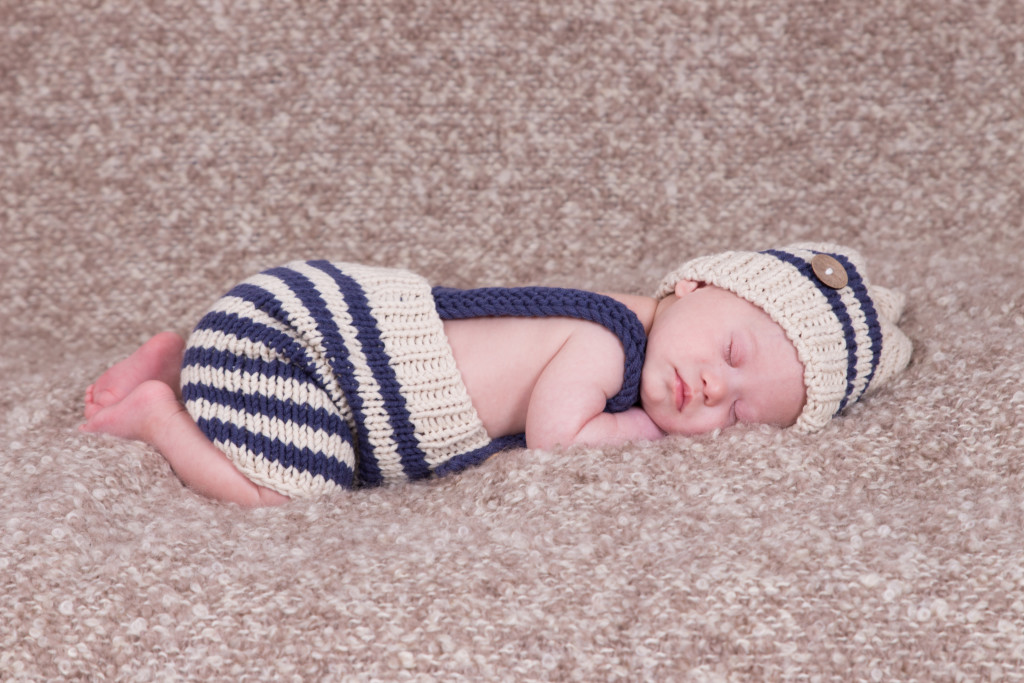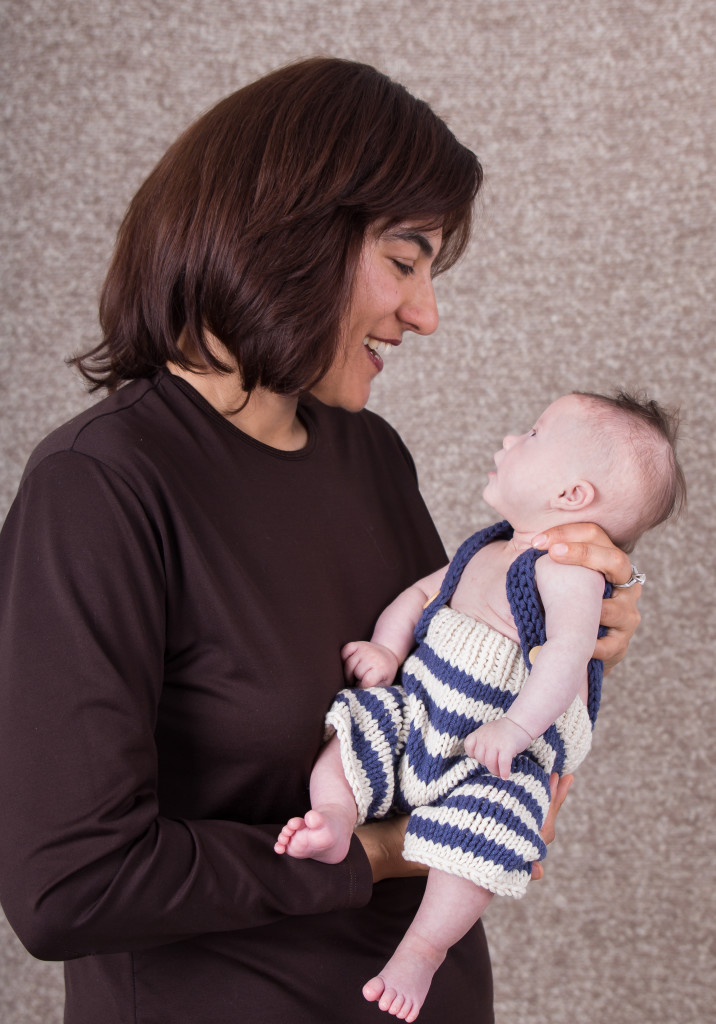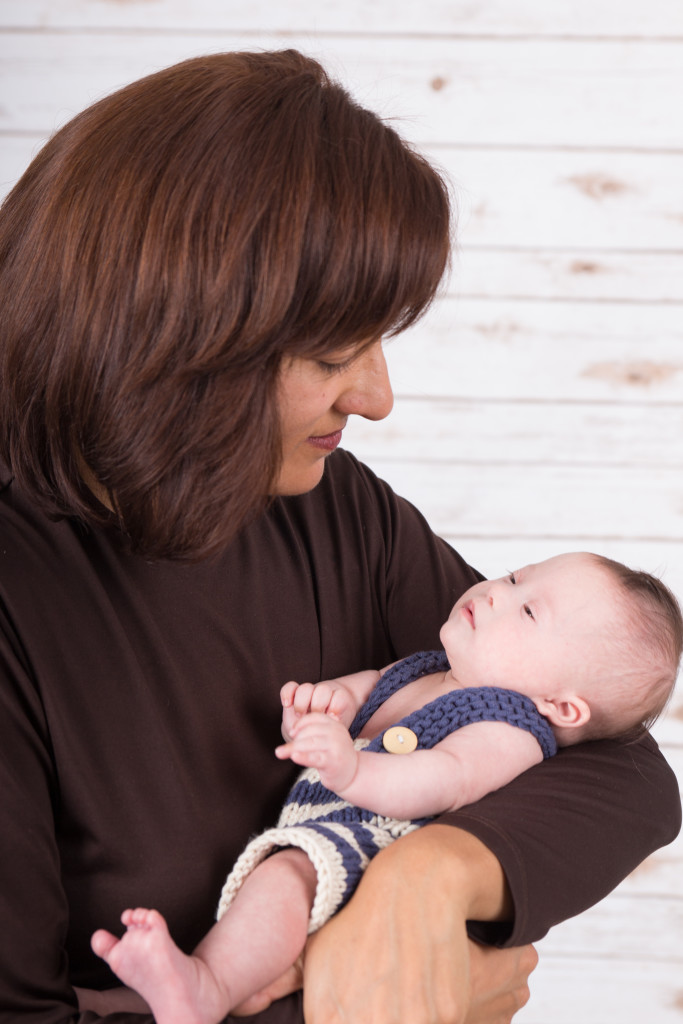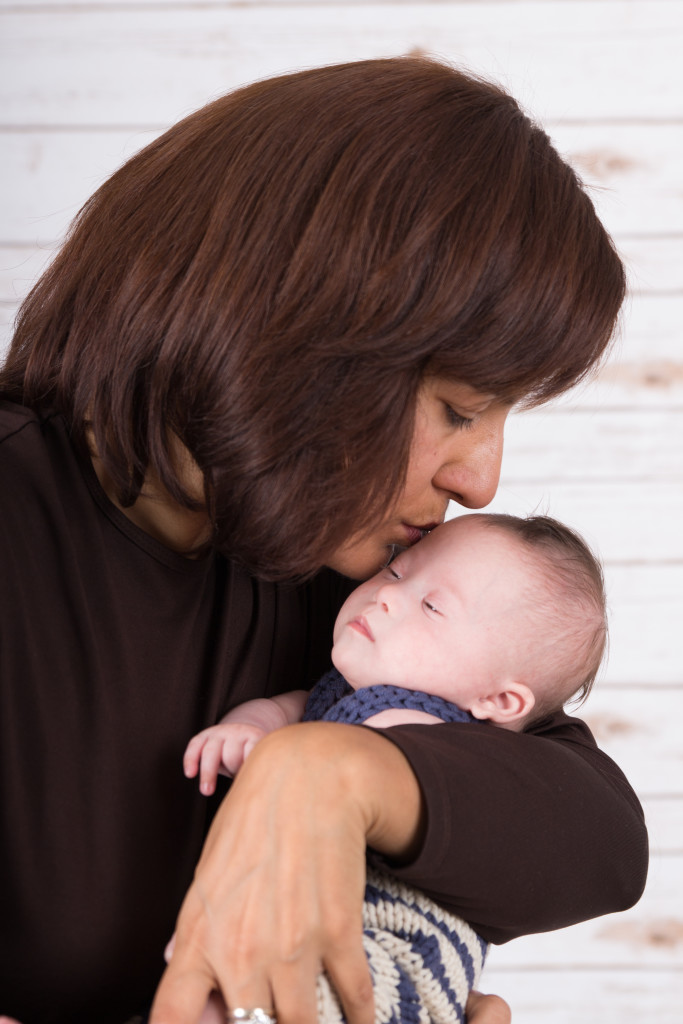Can you believe it’s only been six weeks since R joined our family?!? He so quickly became an integral part of the family that my younger boys told me they can hardly remember him not being part of our lives!

During this period, we’ve constantly been asked (literally in almost every conversation): “Why did you choose foster care rather than adoption?”
The answer is simple, not based on idealism or preferences but need. Here in Israel, babies with Trisomy 21 who are given up aren’t usually available for adoption – they go into the long term foster care system. And so we went where the babies who needed families were.
I have been very pained seeing babies with T21 being given up because of their diagnosis. According to the placement social worker, they are the only children voluntarily given up as newborns – not those with much more complicated medical diagnoses or those with a more limited long term prognosis.

It was a combination of our strong family values and the desire to be part of the solution rather than complaining about the situation that prompted us to begin the qualification process to be foster parents specifically for an infant with T21.
“Practically speaking, what does it mean to foster?”
Our intention is to raise R as a member of our family in every way and unless his foster care status changes, he will be with us until he is an adult (age 21). While in many ways this is very similar to an open adoption- regardless of how we feel or what our intentions are, R is not legally our child.

That means that we will have social workers coming into our home at least monthly to check on him for the next two decades. It means he has a different last name than my other children. It means visits from the birth parents. It means significant decisions for him have to made in conjunction with his birth parents and social workers, and my personal preferences regarding his care can be overridden. (It also means that I needed signed permission before posting any of these pictures!)
Most significantly, if his birth parents were to change their minds they could at any time take him back. Though it’s unusual for children who were given up because of their special needs to later be taken back, it does happen.
I can’t lightly skip over this possibility because it has created a pervasive sense of unease within me that I didn’t anticipate. I’ve shared this feeling with our social worker, and her answer is to sympathize but say, “This is the reality of foster care,” and to remind me that it’s the birth parents’ right to take him back whenever they want.
“Will R be able to be adopted at some point?”
When we were shown R’s file, we were asked if we were willing adopt him if his status changed. We immediately said ‘yes’. However, based on what was explained to us about why and when children are transferred to the adoption track, it seems to me the likelihood of him being placed for adoption is extremely low.
We didn’t go into fostering without a great deal of thought and discussion as a family. We knew there would be challenges and we decided that letting fear of the unknown keep us from offering our home to a child in need wasn’t the right choice.
And though it would be understandable to hold back a tiny piece of one’s heart for self-protection, we’re not letting fear keep us from unreservedly loving our newest addition.
Though the external circumstances aren’t perfectly smooth, we’re so happy and grateful he’s part of our family!
Avivah
**Thank you to the wonderfully talented, patient and sensitive Chani Ceitlin for her photography!**


